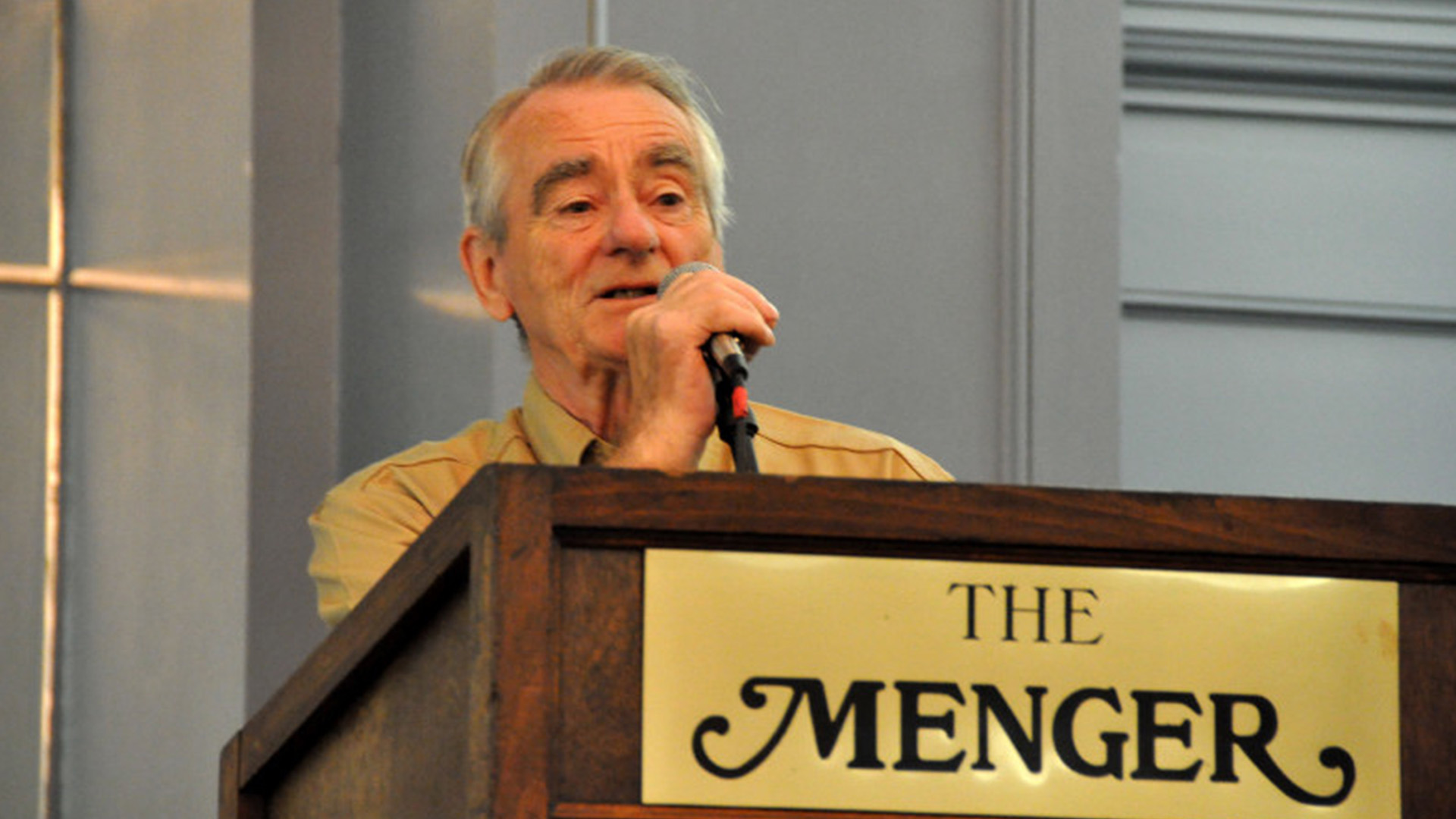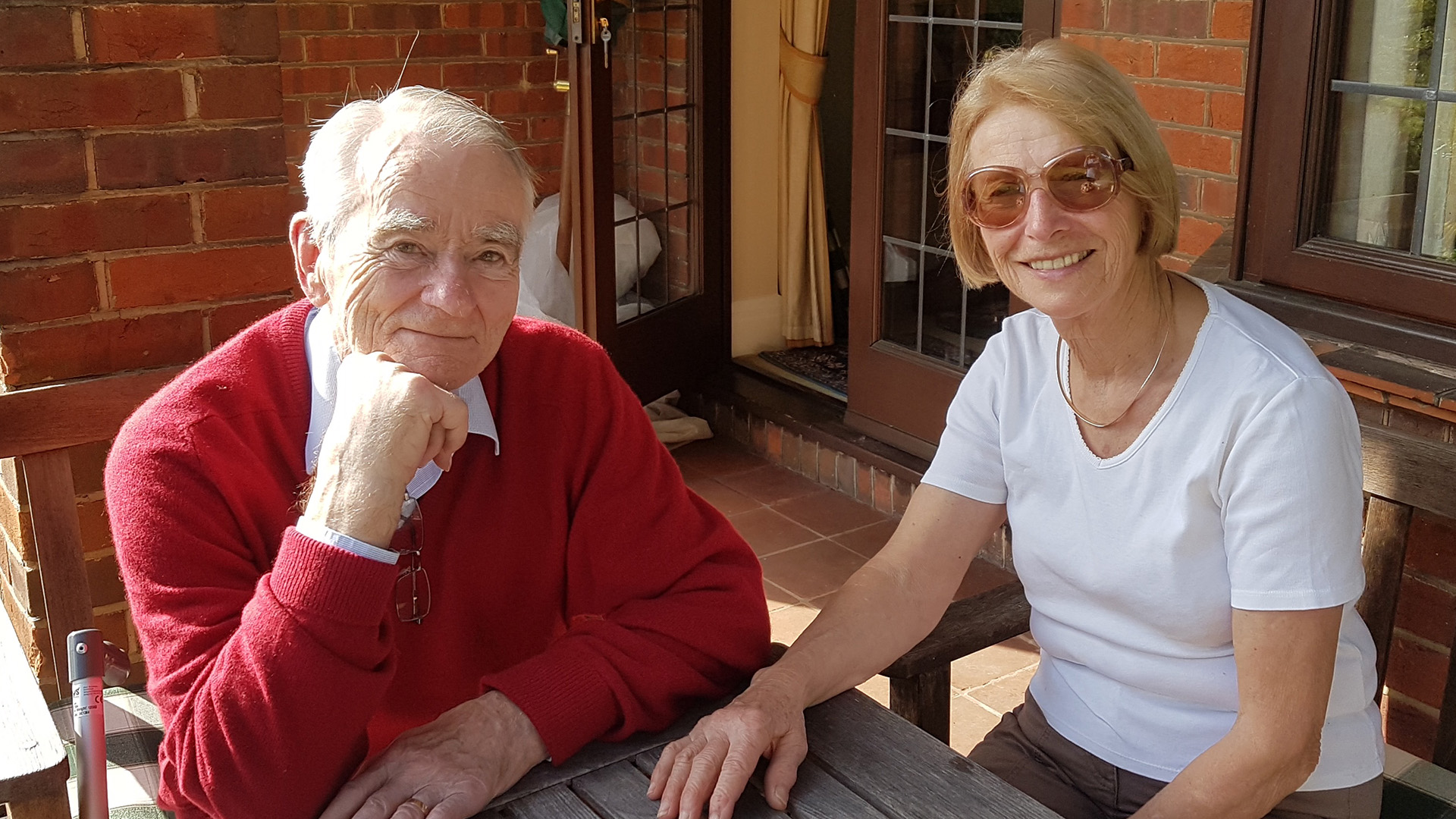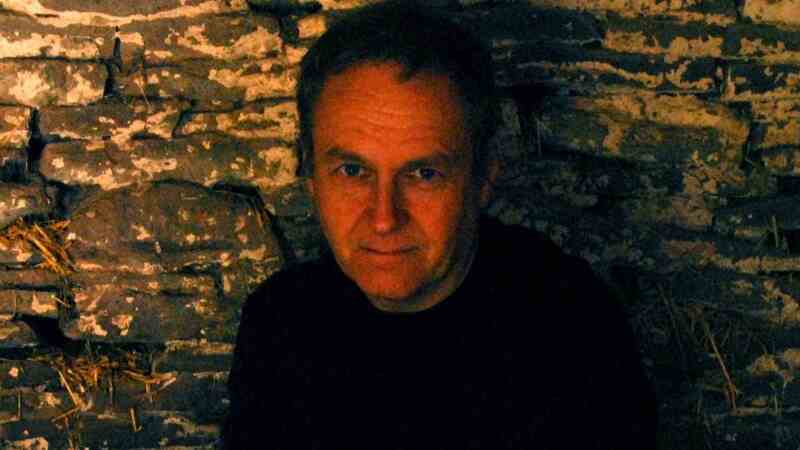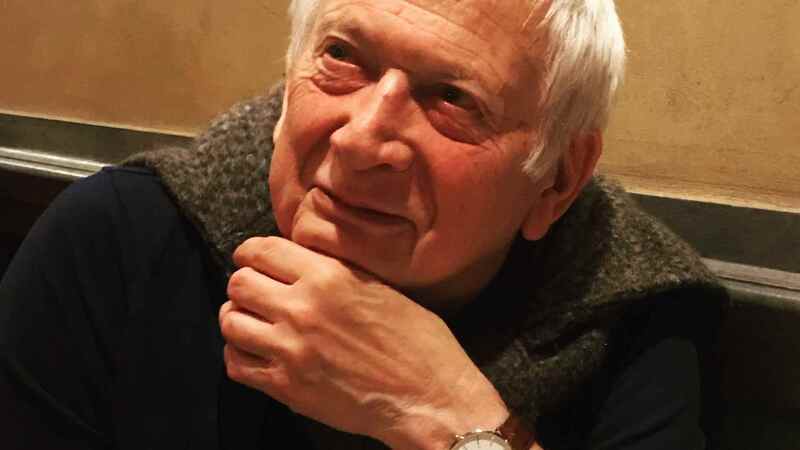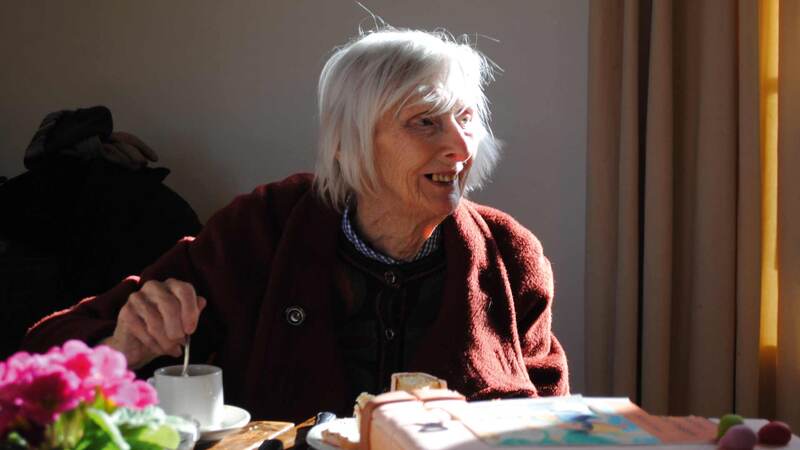You are viewing your 1 free article this month. Login to read more articles.
Obituary: Frederick Nolan
Frederick Nolan 7th March 1931–15th June 2022
The story of how a Liverpool wartime evacuee came to be sitting on Sophia Loren’s bed in the Ritz Hotel as she mussed his hair and murmured “not to worry, the future will take care of itself”, was frequently related by Fred Nolan with relish. Less often told was the reaction when he heard earlier that Loren had been chosen to star in the movie of his novel The Oshawa Project: “But there isn’t a leading woman in the book!” “Don’t worry,” the producer reassured him, “we’ll write one in.”
Nolan, who has died aged 91, was a novelist, historian and publisher, author of the bestselling thriller The Mittenwald Syndicate, and acknowledged as the leading expert on the Wild West gunslinger Billy the Kid. His passion for the American West was triggered by his local library in Liverpool, where he read his way through the shelves after suffering a knee injury aged 15.
It was while working as a shipping clerk and typewriter salesman that Nolan completed his first book, The Life and Death of John Henry Tunstall, which was published by the University of New Mexico Press. He became an authority on the history of the American frontier, founder of The English Westerners’ Society, and a connoisseur of Western fiction in the days when it was a flourishing literary genre.
Nolan’s work with the society came to the attention of managing editor Michael Legat at Corgi Books. Westerns were an important sector of the market in the 1950s and ’60s and Legat asked him if he would become a reader for Corgi. He was apologetic that they could only pay 15 shillings (75p) per title. Nolan remembered: “I could hardly believe my ears—you could get paid for reading books? It was like being tapped on the shoulder by God.”
This led to an editorial appointment with Corgi, but his marketing flair quickly came to the fore. During his publishing career with Corgi, Penguin, William Collins, Fontana and Granada in London, and Ballantine Books and Warner Publishing in New York, he ran publicity for authors such as Joseph Heller, Norman Mailer, Germaine Greer, Alistair MacLean, William Goldman, Stephen King, Agatha Christie, Mickey Spillane and Len Deighton.
Meanwhile, he was churning out a sequence of Western novels, at least 25 in eight years. For his Sudden series he named the characters after his publishing colleagues—more than one upright book man was surprised to find himself appearing in print as a “cold-eyed killer”.
In 1972, a photocopied newsletter began to circulate surreptitiously among London, and later New York, publishers. The Gee Report was an anonymous scandal sheet which revealed authors’ advances, agents’ commissions, publishers’ deals and personnel movements. Not until it closed in 1975 was it revealed that it was the brainchild of Nolan, working with German literary agent Michael Mellor. He later wrote a fortnightly column on the world of publishing for The Bookseller from 1988–91.
In the days when a swastika on a cover was a sure-fire way of hitting the bestseller lists, Nolan had two mega-successes with The Oshawa Project and The Mittenwald Syndicate. In New York he met the agent Artie Pine, who offered to represent him. Nolan laughed, saying: “I know more publishers than you.” Pine countered with: “Sure, but you’re nothing like as tough a negotiator as I am.” He made Nolan write down what he thought he would earn as a writer in the coming year, while Pine wrote down what he thought he could get for The Mittenwald Syndicate. The envelope was opened a few days later and Pine’s figure was double Nolan’s—he sold the book to William Morrow. Pine remained Nolan’s agent until his death.
His love of American musicals being well-known, the BBC commissioned him to write “The Richard Rodgers Story”, and the ensuing series of programmes were presented by Jessie Matthews. This resulted in The Sound of Their Music: The Story of Rodgers & Hammerstein, which was a literary and commercial success.
Americans fascinated Nolan, few more so than Billy the Kid, the notorious outlaw whose death brought an end to the Lincoln County War. Nolan’s writings on the subject, including The Billy the Kid Reader, The Lincoln County War: A Documentary History and Bad Blood: The Life And Times of the Horrell Brothers, won him numerous awards and accolades. He received the Border Regional Library Association of Texas Award for Literary Excellence, the first France V Scholes Prize for outstanding research from the Historical Society of New Mexico, and in 2005 the Western Outlaw-Lawman History Association gave him its highest honour, the Glenn Shirley Award, for his lifetime’s work.
Nolan and his wife Heidi lived in Chalfont St Giles for 53 years. He is survived by his wife and three children, 10 grandchildren and numerous great-grandchildren.




